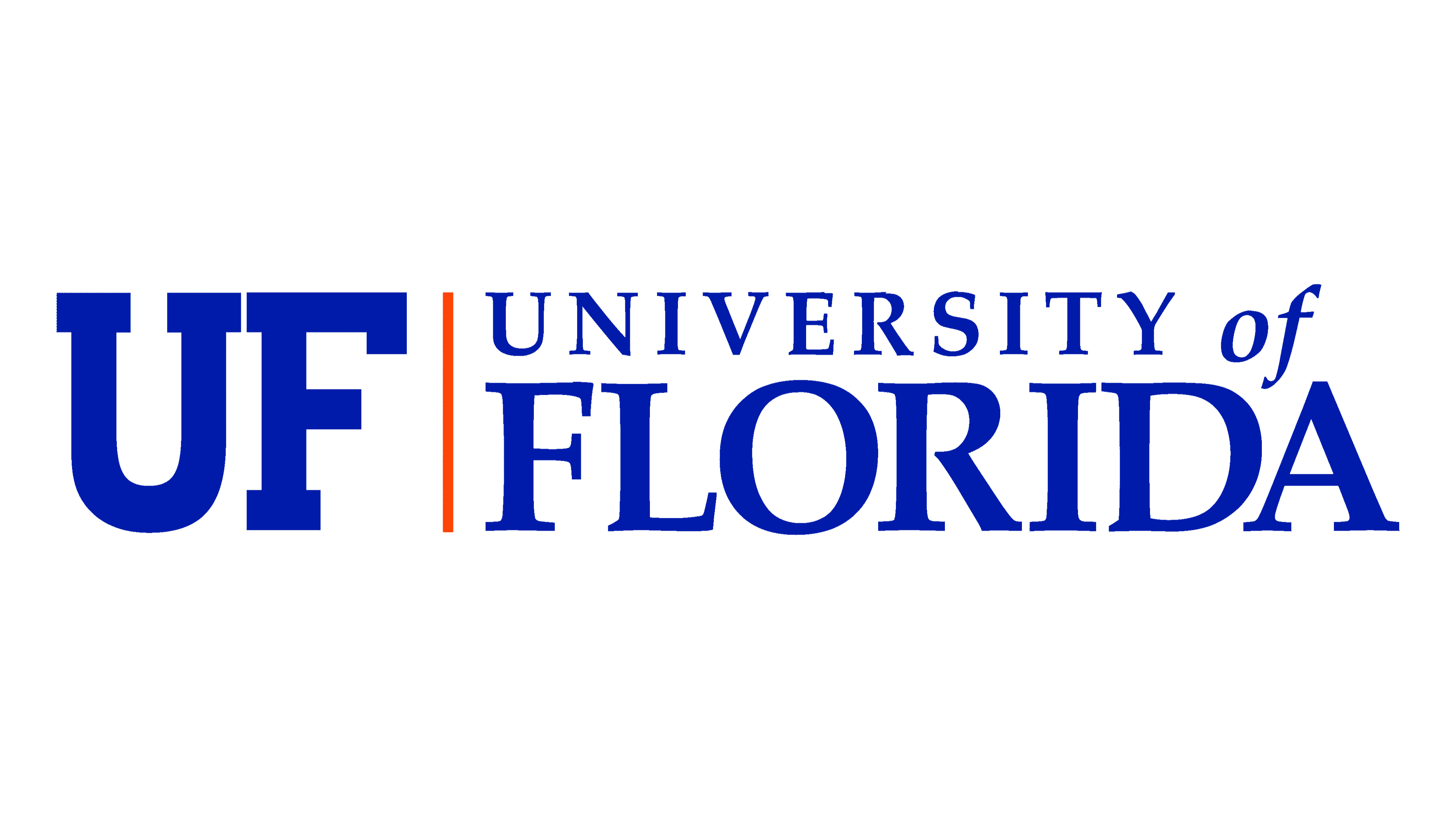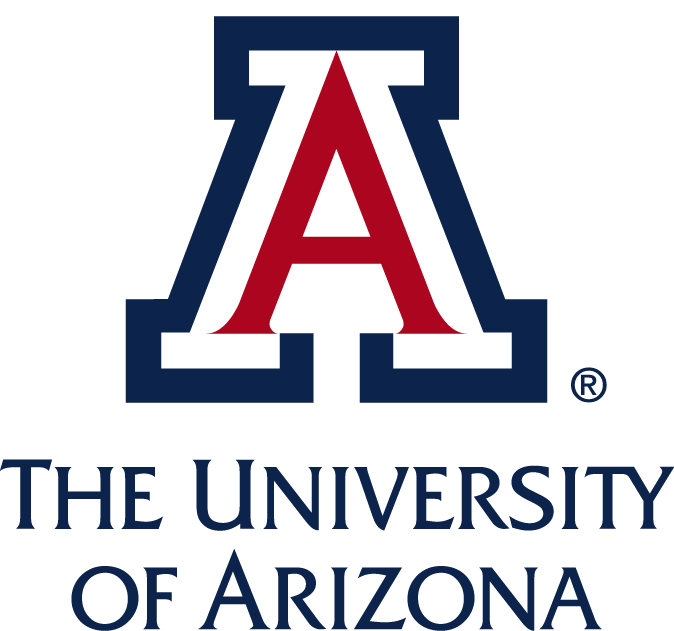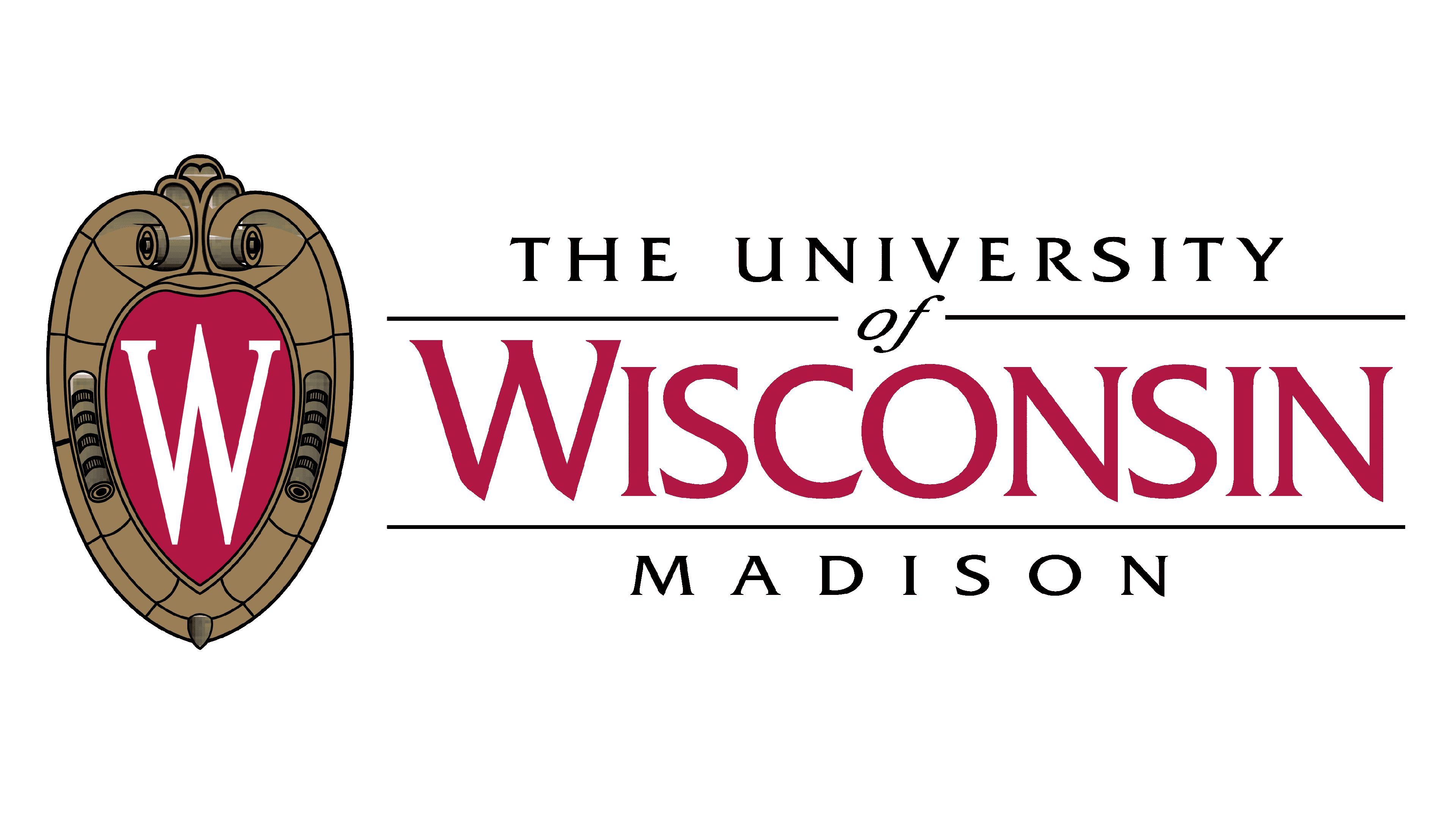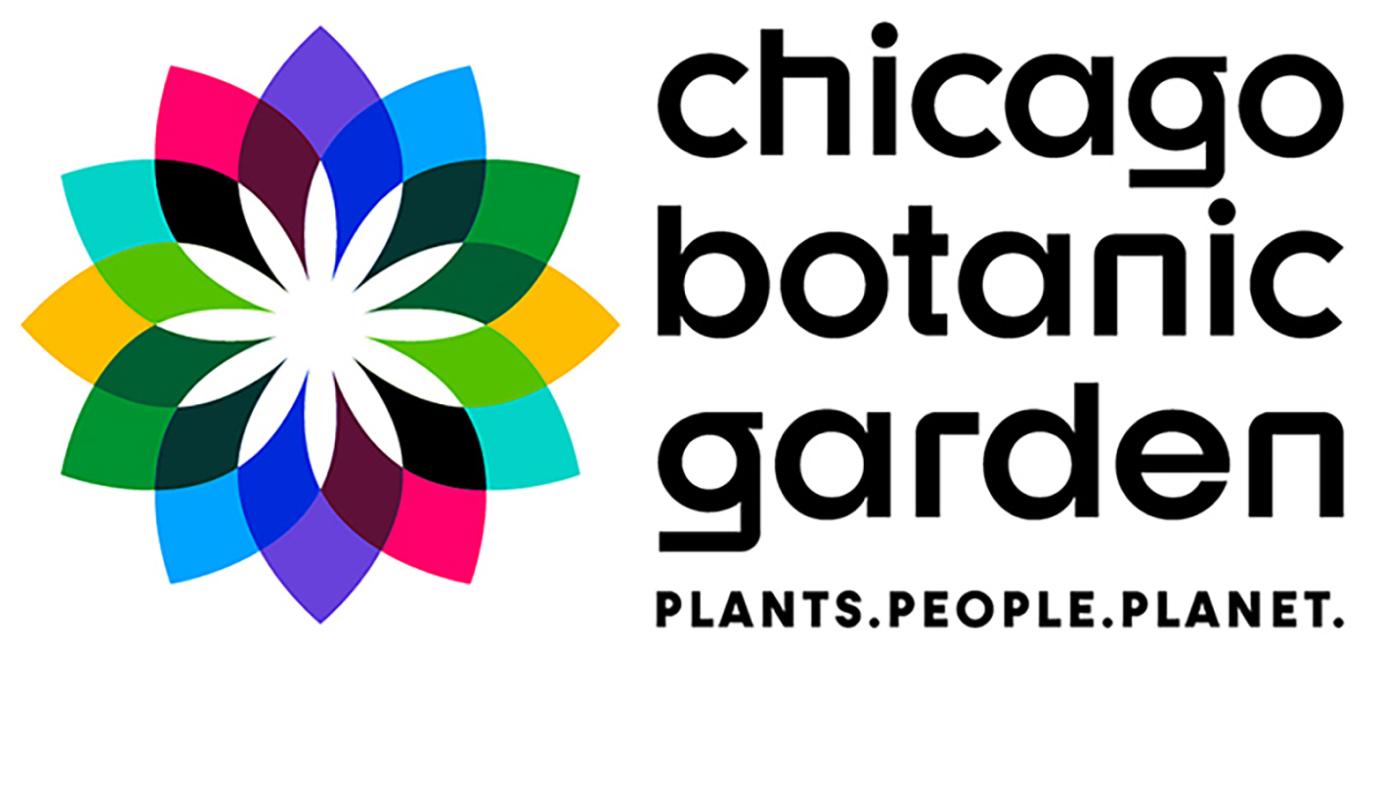Phenobase is a collaborative effort led by experts in phenology, machine learning, data systems, and biodiversity research from across the United States. Our team brings together academic researchers at all career stages, as well as leaders from key biodiversity-focused organizations including iNaturalist, the USA National Phenology Network, and Budburst.
Core team members
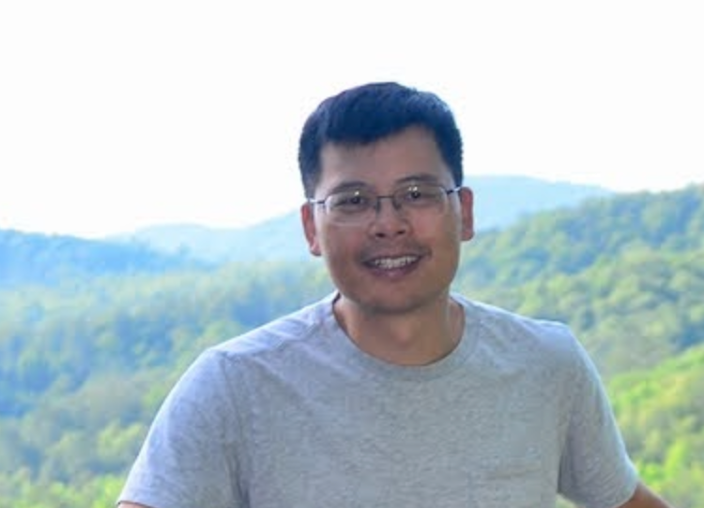
Daijiang Li
Daijiang is an Assistant Professor in the Department of Botany at the University of Wisconsin-Madison. Daijiang’s research focuses on understanding and forecasting the effects of global environmental change on biodiversity, phenology, and species interactions by integrating community ecology, statistics, and ecoinformatics.
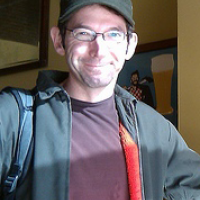
Rob Guralnick
Rob is a Research Foundation Professor and Curator of Biodiversity Informatics at the University of Florida and Florida Museum of Natural History. His work focuses on understanding global environmental change, and he uses community science approaches along with machine learning to generate and assemble data and models about specie distributions and traits. These approaches are all in service to better understand which species might win or lose in the face of global change. He has special interest in phenology and phenological responses to changing environments.

Carrie Seltzer
Carrie works for iNaturalist, a platform connecting millions of people to nature and advancing understanding of biodiversity. As the Head of Engagement, Carrie works to expand the impact of iNaturalist through collaborations and capacity building. Prior to joining the iNaturalist team in 2018, she was a Science & Technology Policy Fellow with the American Association for the Advancement of Science at the National Science Foundation where she worked on open data policy. She has a PhD from the University of Illinois at Chicago where she studied seed dispersal ecology. Carrie lives in Washington, DC.

John Deck
John is the founder of Biocode, LLC, as well as a staff programmer and research associate at the University of California at Berkeley, Berkeley Natural History Museums. For the last 20 years, John has worked on biodiversity informatics and connecting field biological samples to tissue samples, DNA sequences, and publications. He has built the Genomic Observatory MetaDatabase (GEOME) and projects annotating traits with ontology terms and building pipelines for assembling disparate data sources. John also owns and operates Deck Family Farm in Junction City, Oregon.

Russell Dinnage
Russell is an Assistant Professor at the University of Alberta and a machine learning consultant, focusing on biological applications. He is interested in ecological and evolutionary processes at broad scales, and how advanced computational tools can help to understand them, ultimately in the service of developing strategies for the coexistence of human society and biological diversity. He has a particular interest in developing tools for organismal biology based on cutting edge artificial intelligence breakthroughs, and exploring their promise for generating novel biological insights.

Erin Grady
Erin is a botany master's student at the University of Florida. Her work focuses on the dynamics of iNaturalist user activity and their role in filling spatial data gaps. She is passionate about connecting individuals to their local natural environments and is pursuing an Environmental Education and Communication graduate certificate alongside her degree. Other interests include urban forestry and equitable access to recreation and green space. She has a Bachelor of Science in Biology from California Polytechnic State University, San Luis Obispo.
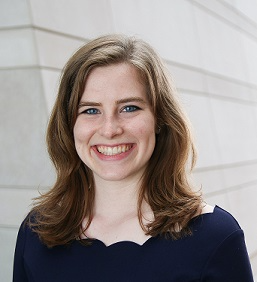
Taran Lichtenberger
Taran is the Community Science Programs Manager at Chicago Botanic Garden. Taran largely works on the climate change focused project Budburst, bringing together researchers, educators, and community scientists. Generally interested in how humans are a part of nature, Taran loves opportunities to show people the wonders of plants they might overlook.
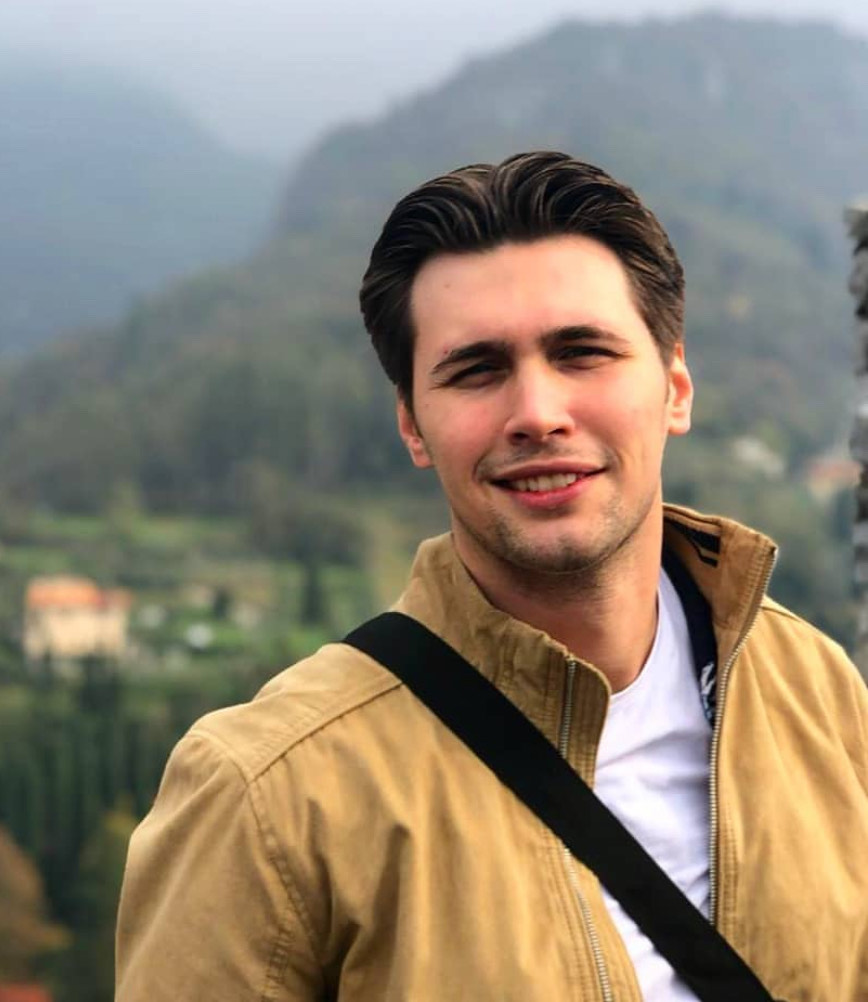
Nevyn Neal
Nevyn is a second-year graduate student in the Botany department at the University of Wisconsin-Madison. His research focuses on optimizing the ways in which Community Ecology-sourced datasets are analyzed and integrated, work which includes developing AI Computer-vision models at large scales. Before moving to UA, Nevyn studied at Louisiana State University, and received his Biology and Computer Science bachelor degrees at Williams College.
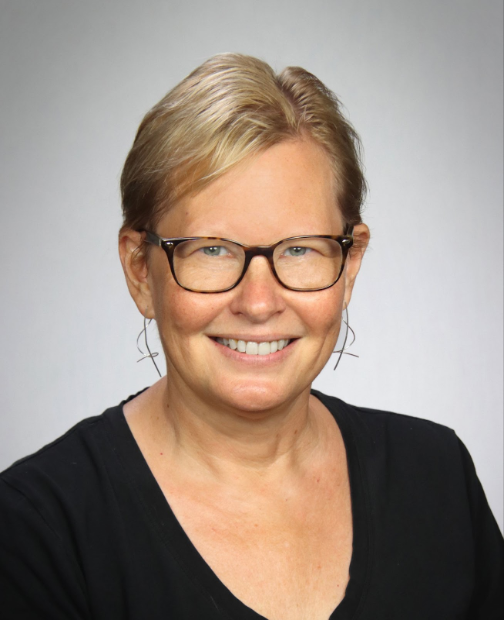
Ramona Walls
Ramona L. Walls, Ph.D. is a consulting ontologist for Phenobase. She is Executive Director of Data Science at the Critical Path Institute (C-Path). She oversees multiple efforts including the development of C-Path’s Data and Analytics Platform, expansion and modernization of C-Path’s data integration pipeline to encompass new data types, and development of a rare disease knowledge graph. Walls joined C-Path in December 2020 and in 2021 she was promoted to Associate Director of Data Science. Walls retains an appointment in the Bio5 Institute of the University of Arizona. She received a bachelor’s degree in Environmental Resource Management and Horticulture at Penn State and a Ph.D. in Ecology and Evolution from Stony Brook University and did a post-doc at the New York Botanical Garden. Google scholar profile
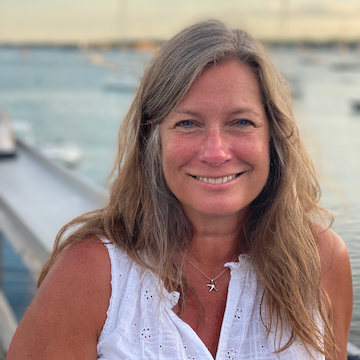
Ellen Denny
Ellen is the Monitoring Design & Data Coordinator for the USA National Network (USA-NPN), which is based at the University of Arizona in Tucson. She has coordinated the development of the USA-NPN protocols for the collection of standardized ground-based plant and animal phenology observations across the nation. She serves as a data manager for the organization, and as a global liaison, helping to advise developing national phenology networks around the world, and working towards global integration of phenology data. She has a Master of Forest Science from the Yale School of Forestry & Environmental Studies. Ellen lives in Kittery, Maine.



